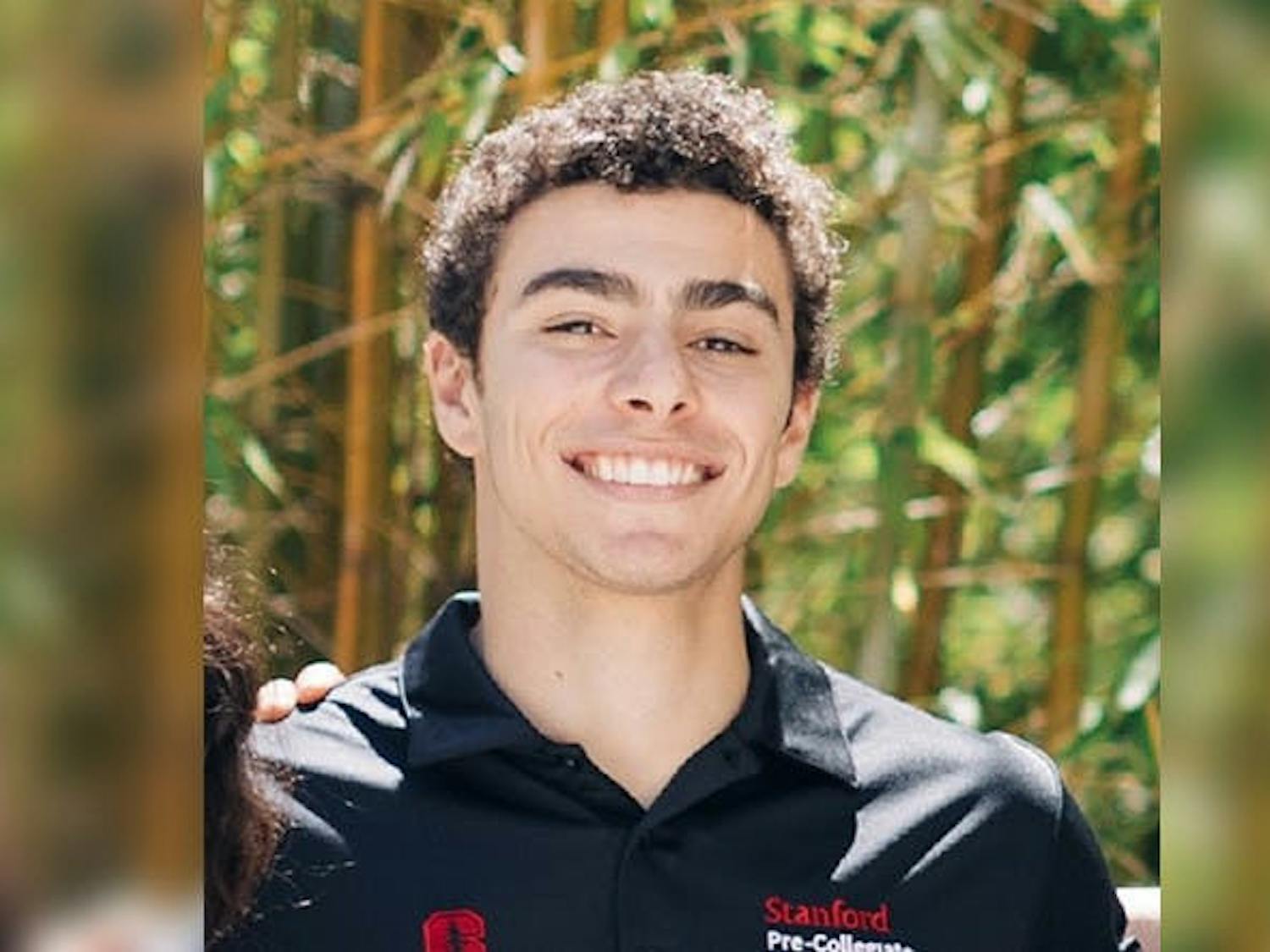Attorneys on both sides of an ex-Wharton professor's tenure dispute say they are satisfied with a settlement agreement reached in late June and announced last week. Former Associate Management Professor Rosalie Tung was denied tenure in 1985, and eventually filed charges of sexual and racial discrimination with the Equal Employment Opportunity Commission. Even though the EEOC's investigation was never completed, Tung, who is Asian, took her seven-year fight with the University as high as the U.S. Supreme Court. She is now a full professor with tenure in the Business Administration Deparment at Simon Fraser University in British Columbia, Canada. "With the little trip to the Supreme Court this has taken an unusually long time to resolve," her lawyer, Mary Delano, said Wednesday. As part of the settlement, neither side is admitting any fault or liability in Tung's tenure denial. The University has, however, acknowleged that her tenure hearings "did not result in an adequate review of Professor Tung's performance, qualifications, and credentials," according to a statement agreed to by both parties. In doing so, the University accepted a faculty grievance panel's finding that "certain procedural irregularities" had occurred that "taken collectively result in a flawed review of Dr. Tung's qualifications." General Counsel Shelley Green said Tuesday that acknowledging the "irregularities" is not an admission of guilt, because they may have been unintentional. "Procedural irregularities can be neutral without malicious intention or discrimination," Green said. Both sides refuse to say whether Tung will receive compensation for settling, and have agreed to keep any monetary portion of the settlement confidential. The other terms of the settlement require that Tung dismiss her claim and that the University print a statement acknowledging the flaws in Tung's tenure review. The University published the statement in last week's Summer Pennsylvanian, and must also submit it to The Chronicle of Higher Education, The Academy of International Business Newsletter and The Academy of Management Newsletter. One item that was not discussed in the final settlement is whether Tung would come back to campus. Delano said that she could not remember if the matter had ever been discussed. "So much has been discussed over the years," she said. "At the time that we settled I think it's safe to say that she had no desire to return to the University." But she said that the conflict has had long-term effects on Tung, even though the professor may not have wanted to come back so many years after her tenure denial. "Put yourself in her shoes and imagine you were denied tenure and you thought it was for reasons unrelated to your credentials," she said. Before accepting her current job at Simon Fraser University, Tung also worked at the University of Wisconsin at Madison. Delano said the EEOC discrimination case had been stalled for some time, after the lawyer conducting the investigation left the EEOC and the lawyer's supervisor did not work as hard to push the case forward. The delay helped bring about the settlement, according to Delano. "Obviously, the longer a matter drags out for something like this, the harder it becomes for both parties," she said. At one point, the EEOC's investigation reached the Supreme Court, as the agency tried to force the University to turn over Tung's confidential tenure files. The University said it was trying to protect the confidentiality of the tenure review process. In January 1990, the Supreme Court ordered the University to supply the EEOC with the confidential peer reviews of Tung's academic work that are part of the files. The University drew more criticism when it provided redacted copies of the statements, with the authors' names and other identifiable marks erased.
The Daily Pennsylvanian is an independent, student-run newspaper. Please consider making a donation to support the coverage that shapes the University. Your generosity ensures a future of strong journalism at Penn.
DonateMore Like This
Here’s how Penn plans to celebrate America’s 250th anniversary
By
Arti Jain
·
7 hours ago
Van Pelt Library discontinues bag check security policy
By
Christine Oh
·
7 hours ago








